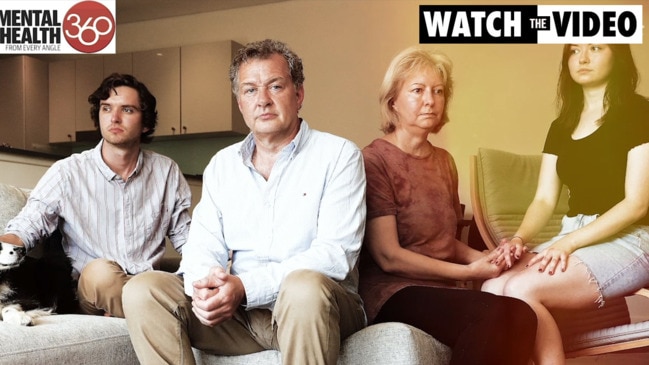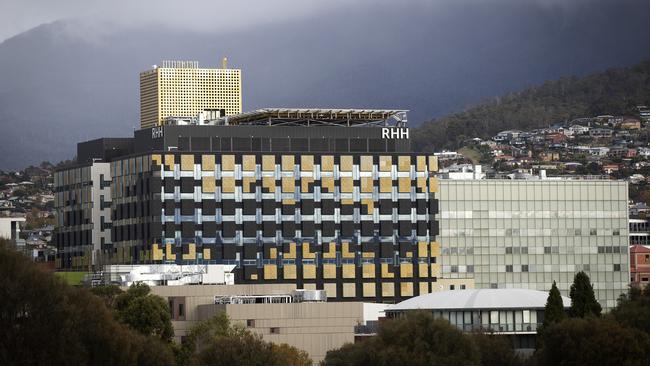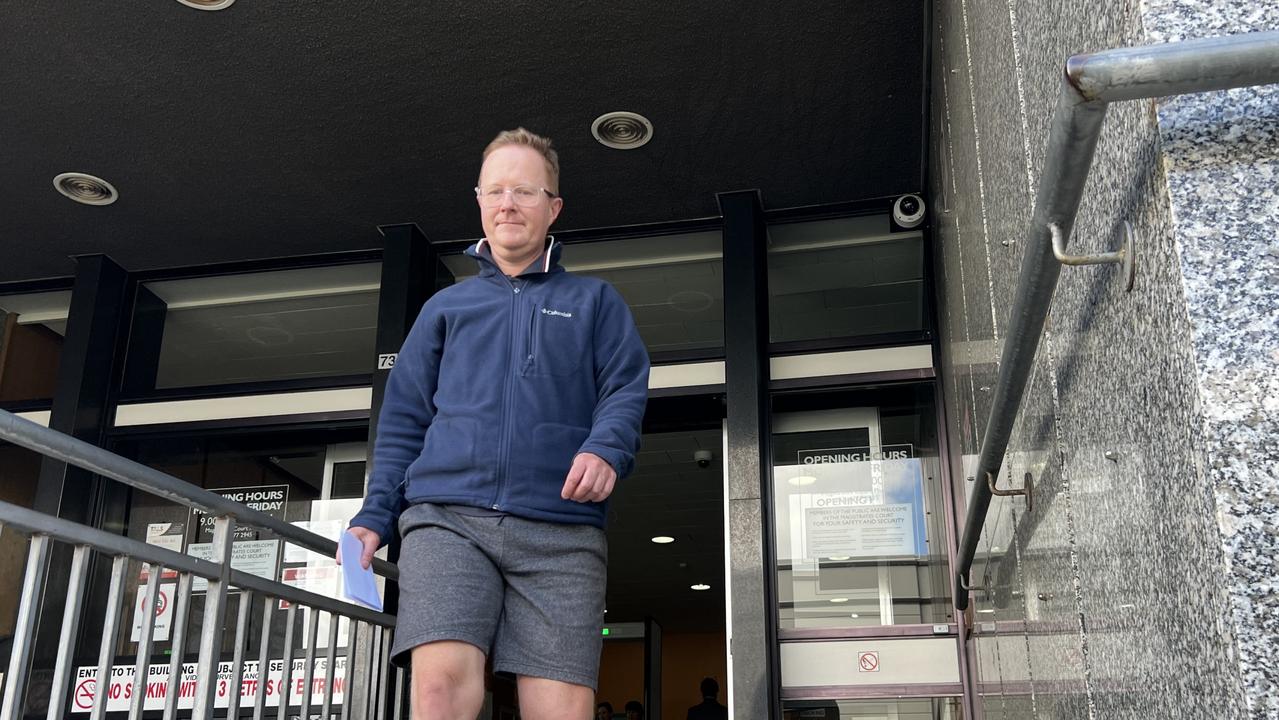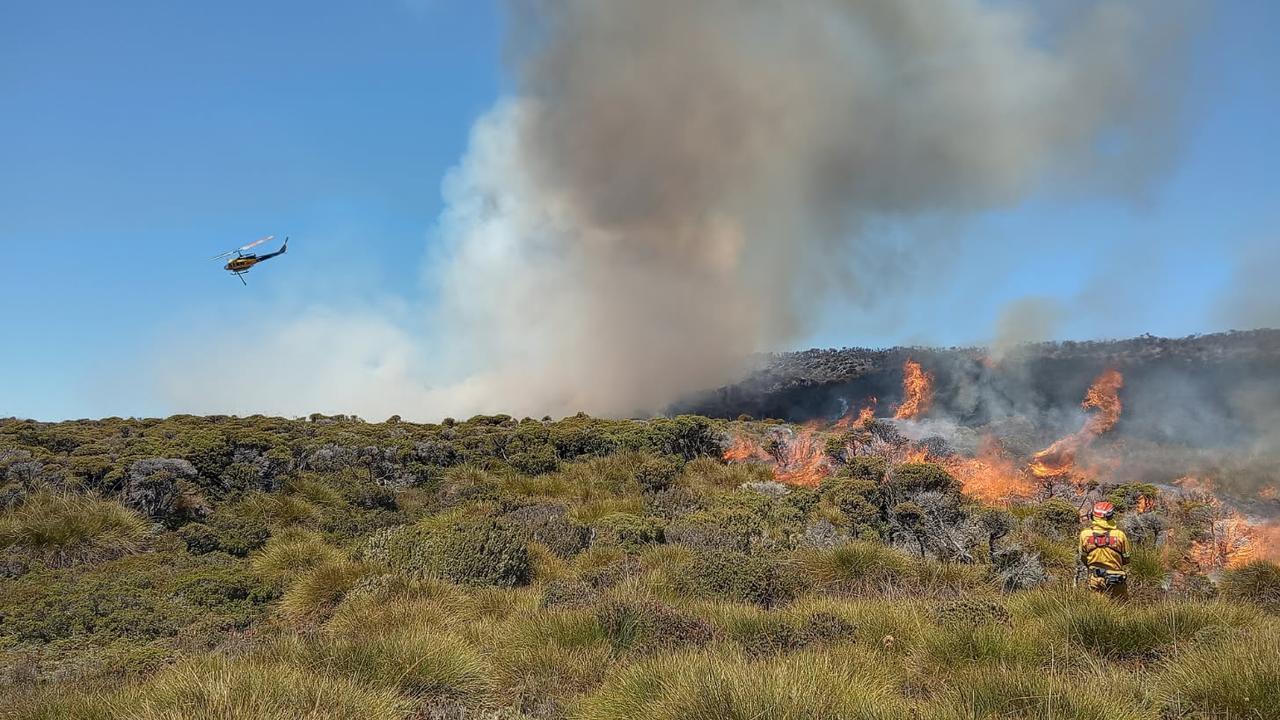Coronial inquest into death of Iranian refugee to examine adequacy of treatment by Royal Hobart Hospital
A coroner investigating the death of a mental health patient whose body has never been found will consider if he received adequate treatment and care at the Royal Hobart Hospital. LATEST >

Police & Courts
Don't miss out on the headlines from Police & Courts. Followed categories will be added to My News.
- Tasmanian coroner to investigate death of Iranian asylum seeker Saeed Hassanloo
- Hobart City Council’s Passport to Hobart program extended until end of February
A CORONER investigating the death of an Iranian asylum seeker whose body has never been found will consider if he received adequate treatment and care at the Royal Hobart Hospital.
The four-day coronial inquest into the death of Saeed Hassanloo began in the Hobart Magistrates Court before Coroner Olivia McTaggart on Tuesday.
Counsel assisting the coroner Cameron Lee said Mr Hassanloo, who was 27 when he is believed to have died, and his brother left Tehran and travelled to Indonesia before boarding a boat to Christmas Island in November 2010.
He was detained and applications were made for him to be made a refugee, but he was denied on multiple occasions.

Mr Lee said Iran did not accept involuntary returnees and from November 2011, there were several instances where Mr Hassanloo attempted self harm.
For most of 2012 he was held in community detention in Victoria due to mental health concerns before being transferred to the Villawood Detention Centre in Sydney.
In 2013, he was transferred to Perth, Western Australia and in 2015, Mr Hassanloo went on a “significant” hunger strike of about 40 days, which resulted in his hospitalisation.
After again being granted community detention, he made the decision to “make a fresh start without his brother” in Tasmania.
He arrived in Hobart in January 2016 and was assisted by the Red Cross migrant support program.
The court heard he formed a “strong and unhealthy attachment” to his Red Cross case worker.
In July 2016, the court heard during a welfare check, police used a door ram to force entry into Mr Hassanloo’s New Town unit after he barricaded himself inside.
He was taken to the Royal Hobart Hospital and stayed for eight days and received several diagnoses including for PTSD and major depressive order.

On August 24, 2016, a similar event occurred and Mr Hassanloo was again hospitalised before being discharged two days later.
“A critical issue will be what steps, if anything, the hospital could have taken to have Mr Hassanloo stay there until his Red Cross case worker arrived,” Mr Lee said.
The court heard Mr Hassanloo’s whereabouts after this point were unknown, but it was believed he took his own life and his body was never found.
Mr Lee said there was significant evidence Mr Hassanloo had not been engaging with mental health treatments, “retreated within himself,” was selectively mute and passive aggressive.
The scope of the inquest will include whether Mr Hassanloo is dead and the circumstances of his death; if there was adequate communication between the Immigration Department and Red Cross and the Tasmanian Health Service; whether he received adequate treatment and care at the RHH and if the hospital had the ability to deal with presentations by asylum seekers.
The inquest continues Wednesday.
For 24-hour support, contact Lifeline on 13 11 14 or MensLine on 1300 78 99 78.



